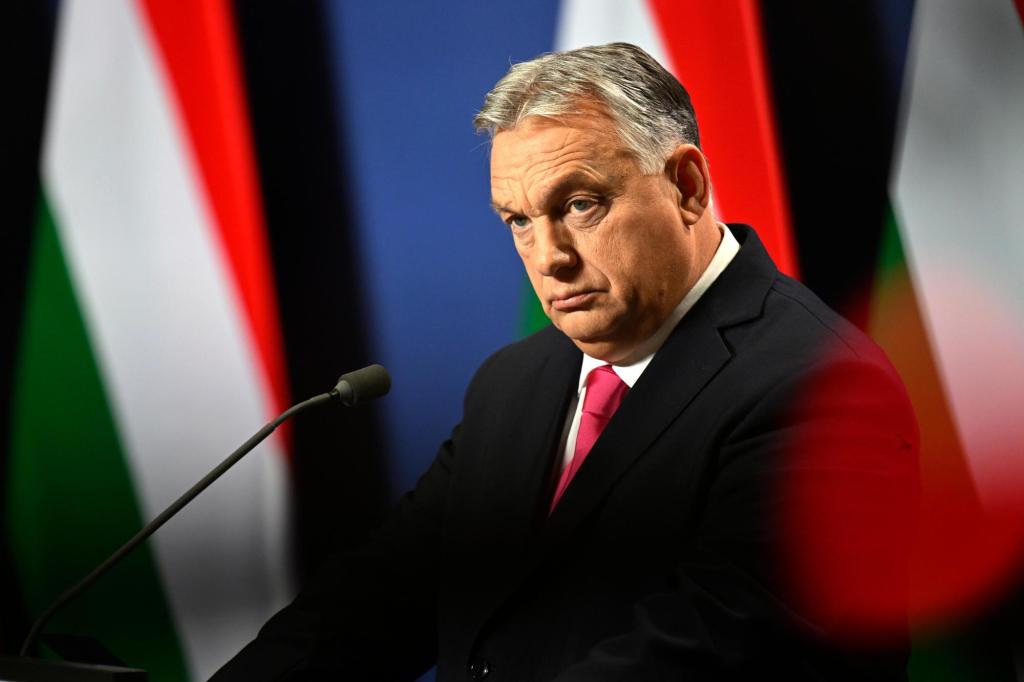By Justin Spike | Associated Press
BUDAPEST, Hungary — Hungary’s parliament will convene an emergency session on Monday to do something its western partners have waited for, often impatiently, for more than a year: to hold a vote, finally, on approving Sweden’s bid to join the NATO military alliance.
But Hungary’s governing party, led by nationalist Prime Minister Viktor Orbán, has signaled that it will boycott the session, blocking the chance for a vote and further delaying a decision on Stockholm’s bid. It’s the kind of obstruction of key policy objectives for which Orbán has become notorious within the European Union.
“We are the sand in the machinery, the stick between the spokes, the splinter under the fingernail,” Orbán said in a speech to tens of thousands of supporters in 2021.
That “stick between the spokes” tactic, and Orbán’s role as Europe’s perennial spoiler, has brought the EU to breaking point time and again as he has blocked crucial decisions to leverage concessions from the bloc, forcing its leaders to scramble to find workarounds.
Now, frustrated EU officials are trying to determine what Orbán seeks to achieve with his obstructionist strategy, and how they might overcome it.
“We have Orbán fatigue now in Brussels,” Polish Prime Minister Donald Tusk told reporters ahead of an EU summit on Thursday, where the Hungarian leader threatened to derail plans to provide Ukraine with a major funding package. “I can’t understand, I can’t accept this very strange and very egoistic game of Viktor Orbán.”
A proponent of an alternative form of populist governance that he calls “illiberal democracy,” Orbán campaigns against the EU at home, portraying himself as a “freedom fighter” against an overzealous Brussels bureaucracy.
Has railed against what he describes as “woke culture,” and in a speech at the Conservative Political Action Conference in Budapest last year, referred to liberalism as a…
Read the full article here







